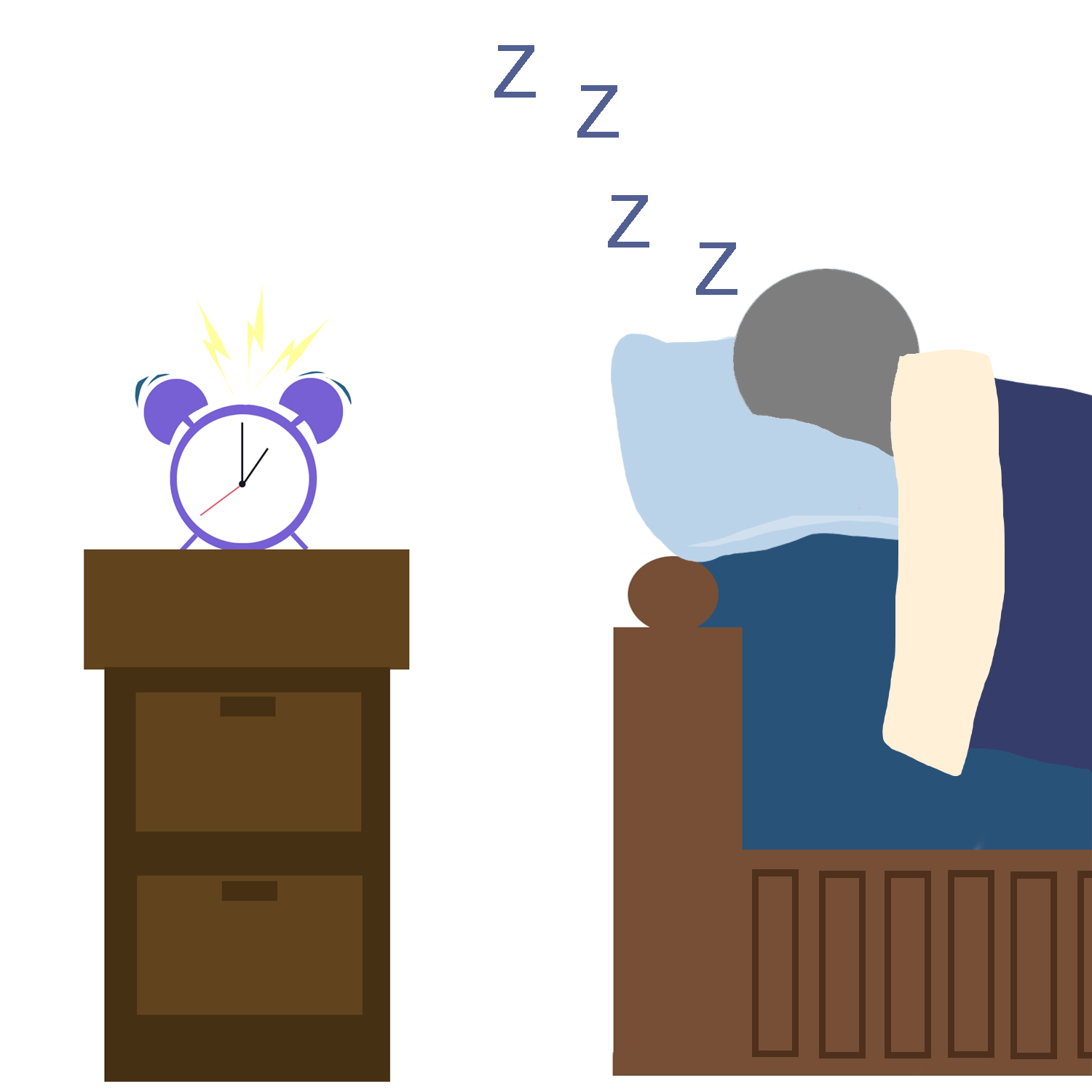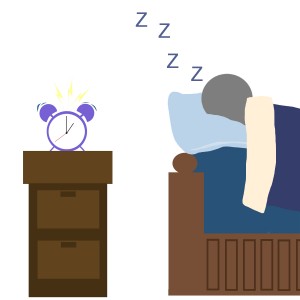Later school day start may be necessary for the sake of students’ health

 With over 1,000 students enrolled in a zero period, a full night’s sleep is hard to find. The California Department of Education has recently considered standardizing school hours from 9 a.m. to 4 p.m., a shift that would be more in-line with teens’ circadian rhythm. Based on National Sleep Foundation surveys from 2003-2006, an adolescent between the ages of 12 and 17 should get on average 8.5-9.5 hours of sleep per night. Peninsula’s students complain they are getting far less sleep than that.
With over 1,000 students enrolled in a zero period, a full night’s sleep is hard to find. The California Department of Education has recently considered standardizing school hours from 9 a.m. to 4 p.m., a shift that would be more in-line with teens’ circadian rhythm. Based on National Sleep Foundation surveys from 2003-2006, an adolescent between the ages of 12 and 17 should get on average 8.5-9.5 hours of sleep per night. Peninsula’s students complain they are getting far less sleep than that.
“I usually get four to five hours of sleep every night as a senior and it decreases my performance level,” senior Shalini Agrawal said.
Even freshmen have already started to feel the effects of less sleep.
“I think I get the minimal amount of sleep a night. If I sleep later than 11 p.m., I definitely think it affects my performance at school and for sports,” freshman Laudan Hosseini said.
Besides academic performance problems, sleep deprivation can also lead to dangerous, long-term effects, such as diabetes, heart disease, weight issues and even depression.
“[Research] finds that people more likely have behavior issues and learning impairments when they don’t get enough sleep,” psychology teacher John Wheeler said.
Additionally, several studies show that students who start school later in the day are more engaged as evidenced by higher overall test scores. In the early morning, students’ attention spans tend to be shorter and can lead to a decline in test scores. On average, a student between the ages of 12 and 17 naturally begins to feel tired around 11 p.m.. Since those students should get around 8.5 hours of sleep in order to maintain a healthy sleeping schedule, students would most likely wake up around 7:30 a.m., when zero period has already started.
For students that have a zero period, it can be difficult to focus because of the lack of sleep making it hard to concentrate. Schools that have moved their start time from 7:15 a.m. to 8:40 a.m. have found that students are significantly more focused within the first two hours of school than the previous schedule.
Sleep has many long-term health implications and academic costs. School needs to start later.

